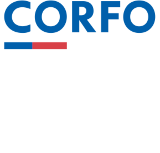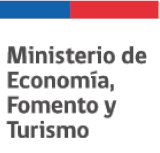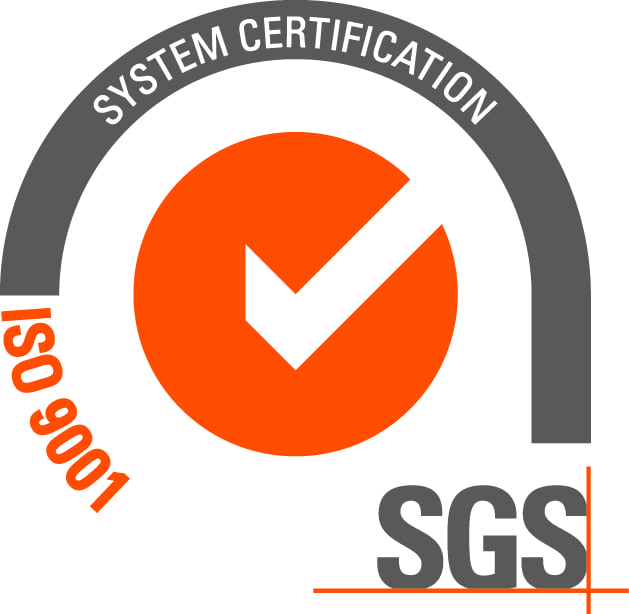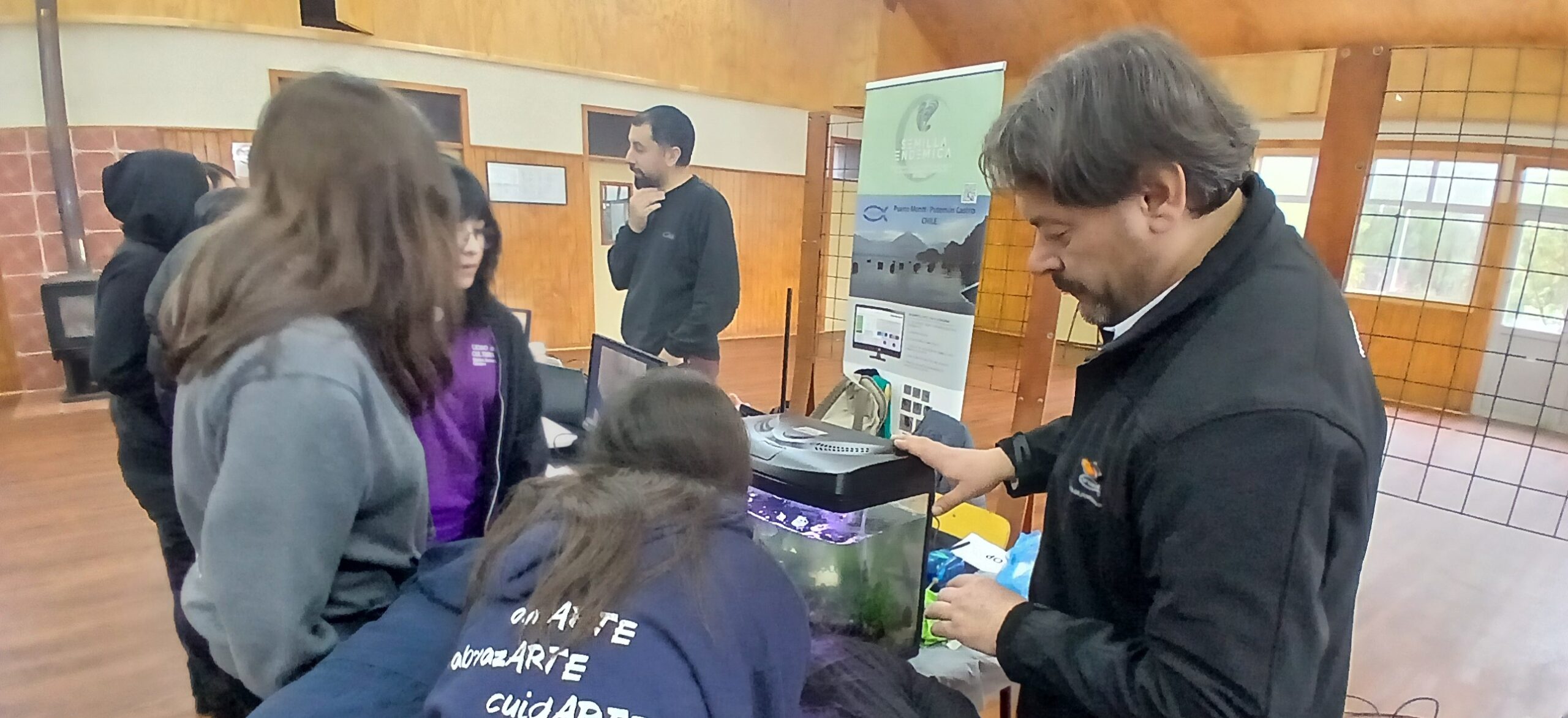
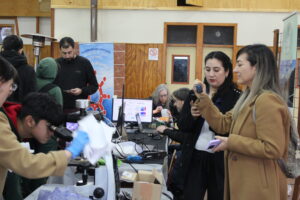 The event, aimed at promoting scientific outreach in schools, introduced students to the marine world through interactive exhibits and educational experiences with a local focus.
The event, aimed at promoting scientific outreach in schools, introduced students to the marine world through interactive exhibits and educational experiences with a local focus.
On June 2, the Aquaculture Research Division of the Fisheries Development Institute (IFOP) participated in the 1st Marine Science Fair, held at the “Capitán Williams” Marine Institute (IDEMAR) in the city of Chonchi, Chiloé. The event, which began at 10:00 a.m., brought together researchers, teachers, and students in a meeting focused on marine knowledge, with a strong territorial and educational component.
The initiative was organized by AmiChile, coordinated by Camila Barría Cárdenas, head of R&D&I at the Mussel Farming Technological Institute in Castro, along with the IDEMAR academic team. The purpose of the event was to foster the interest of new generations in marine sciences, promoting knowledge from a practical, collaborative, and situated approach. Specifically, the event sought to highlight the importance of mussel farming in the region and the development opportunities this productive activity represents for local communities.
Representing IFOP were Dr. Cristian Segura, M.Sc. (c.) Óscar Ramírez, and Macarena Herrera, who set up an educational stand that addressed three main topics. First, the Endemic Seed Digital Platform was presented, an interactive educational tool that explains the mussel farming process in southern Chile, with special emphasis on the monitoring stations located in Chiloé. This platform demonstrated how seed collection, the first link in the aquaculture production chain, is recorded, explaining its importance for the sustainability of the sector. The development of this public and interactive platform can be viewed at https://www.ifop.cl/monitoreo-larvas-de-mitilidos/ and is implemented by the “Larval and Environmental Monitoring Program for Mussel Farming,” led by IFOP and funded by the Permanent Research Program of SUBPESCA.
Secondly, an aquarium display with benthic species was offered, allowing visitors to observe marine organisms directly and sensorially. Students were shown how the particle filtration system works and how mussels feed using their gills, which captivated both students and teachers due to its visual clarity and educational value. This experience helped reinforce biological concepts through an accessible and immersive methodology.
Finally, the IFOP team set up a microscopy station that allowed attendees to observe live microscopic organisms, such as bivalve larvae, particularly mussels, through a stereoscopic microscope. This activity sparked great interest among the students, who were able to appreciate the life cycle of these organisms and better understand the ecological and economic role they play in the region.
This science fair fostered a close and enriching dialogue between the scientific community and the school community, consolidating Chiloé as a strategic territory for the development of scientific careers linked to the sea. It also promoted the recognition of local knowledge and the strengthening of scientific culture in coastal areas, with a focus on sustainability and collaborative work.
At IFOP, we deeply value these types of events, which strengthen the link between science, education, and the region. We thank IDEMAR and AmiChile for the invitation, and we reiterate our commitment to educating new generations interested in the knowledge and conservation of the marine ecosystem.


